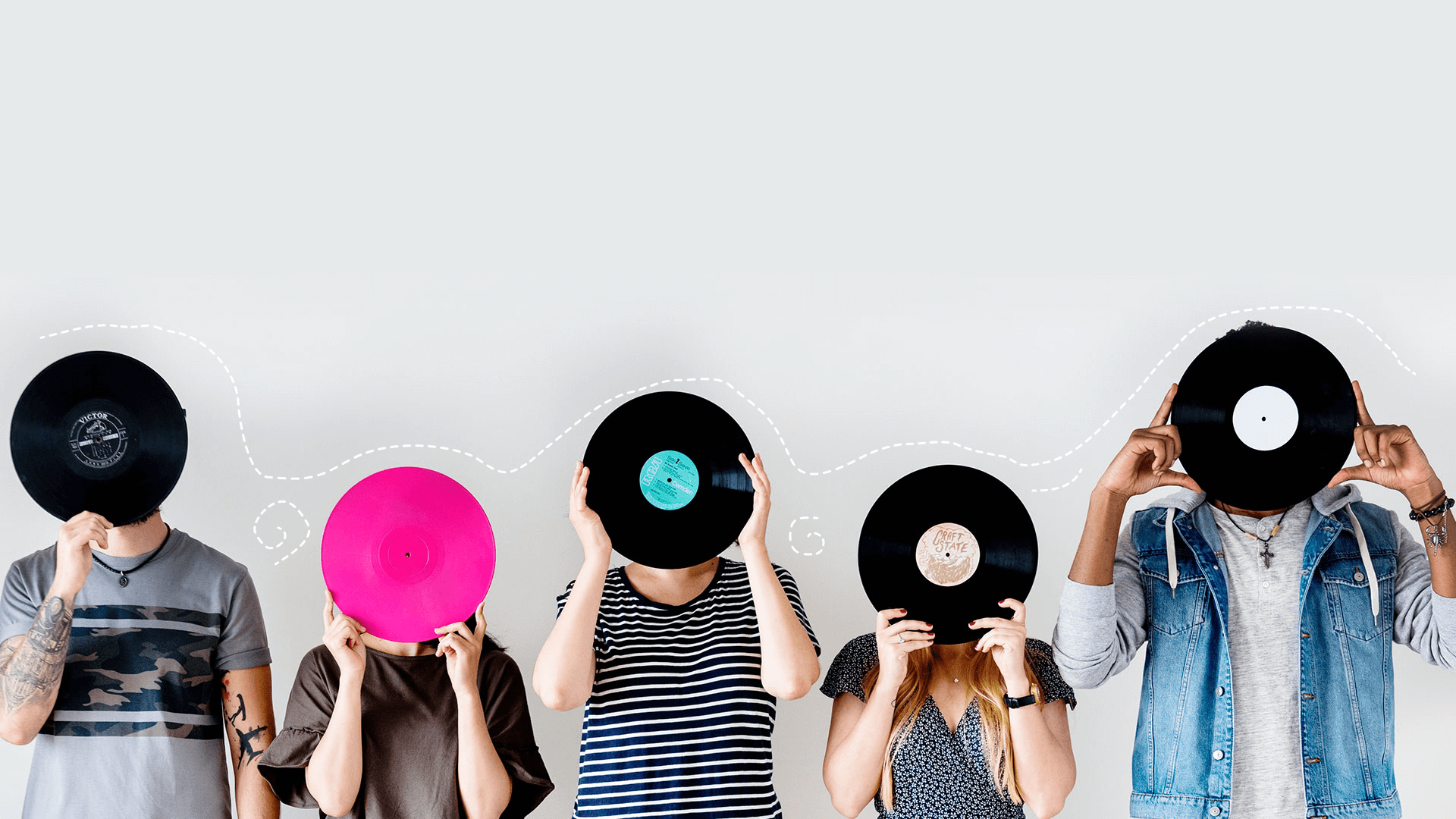Blog

Composition vs. Sound Recording
Published at: 06/01/2021
Every song has two sides: the music & lyrics and the sound recording. The music and lyrics are the song as you would see it printed on a piece of paper, frequently referred to as the underlying composition. The sound recording is each unique recording of an artist’s interpretation of the song.
One composition can produce infinite number of sound recordings. Let’s take Bob Dylan’s “Make You Feel My Love” as an example.
Bob Dylan is the sole author of the composition, and his publisher administers the song on his behalf.
Billy Joel was the first to release a recording of the song in 1997, and Dylan’s own version was released just about a month later. Even though he was the first to release it, Billy Joel doesn’t claim any ownership to the composition. Bob Dylan doesn’t have any ownership to Billy Joel’s sound recording, but Joel pays Dylan a royalty every time the song is streamed or sold for the use of his lyrics and melody.
In 1998 Garth Brooks released a country version of the song, but maintained the original lyrics and melody – Bob Dylan is the sole credited author of the song while Garth Brooks is the artist of the sound recording. Garth Brooks needed permission to cover the song, and this use is covered by a mechanical license. In 2008 Adele released a pop version and followed the same licensing practices as Billy and Garth before her. While Dylan collects the mechanical royalty for the composition, he has no claim to any of the other artists’ sound recordings.
There have been hundreds of authorized releases of this song and each and every one of them will credit and pay Bob Dylan the appropriate royalties for the use.
If only the chorus of the song was used, this would be considered an Interpolation or Sample Use and the terms of the use are negotiated by the administer of the copyright, usually the Publisher. Publisher information can be found by searching the Repertoires of a Performing Rights Society, or by checking the liner notes and looking for the © next to the author’s name.
* * *
The sound recording is how we hear the song on a recording. You can’t touch or see the sound recording, but it is often referred to as “The Master” and depicted as big wheels of tape. The Master Sound Recording is unique to the artist and will have an identifying code known as the International Sound Recording Code (ISRC). The ISRC is what is used to track radio play and sales of the recording.
Using any piece or part of a sound recording requires a more in-depth license than a cover song. These uses of the song are not a cover, but a Sample. This license is negotiated with the owner of the Sound Recording – this is typically the label or production company that released the song. The copyright owner of the sound recording is identified by a ℗ and can be found near the barcode or at the bottom of the page on iTunes.
* * *
Where does TuneLicensing fall into this? Our license is strictly a Mechanical License for Cover Songs. We cannot license First Use (although if that’s something you are looking into, we know a guy who can help you out), Samples or Interpolations.
The rules for licensing a cover song are pretty simple:
1) You cannot change the lyrics or fundamental melody of the song. That is, you can’t add words that the original songwriter didn’t put into the song, and you can’t use the words from the original song over a melody that you’ve written.
2) The song has to have already been released. Nine Inch Nails wrote a song that they’ve only ever played live – this cannot be licensed via Mechanical License. (This is what is referred to as First Use, because the song writer has the right to decide on the first use of the song)
3) The license has to be requested before the release. There are few publishers who will overlook release date, but there are some who will deny the request and consider this an infringement of copyright.
4) The mechanical license does not cover any use of a sound recording – this is a sample license and has completely different terms and conditions.
Got more questions? Let us know and we’ll add them to this post. We look forward to hearing from you! support@tunelicensing.com